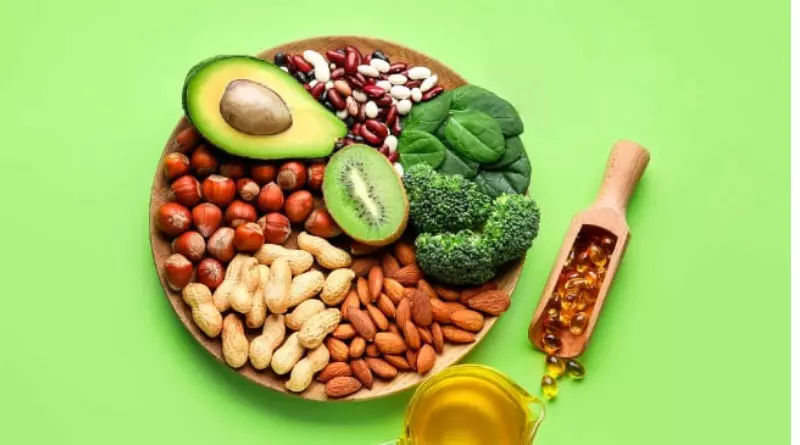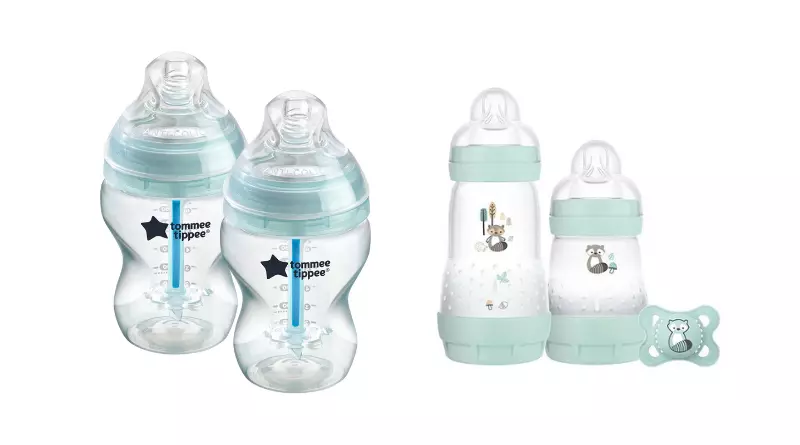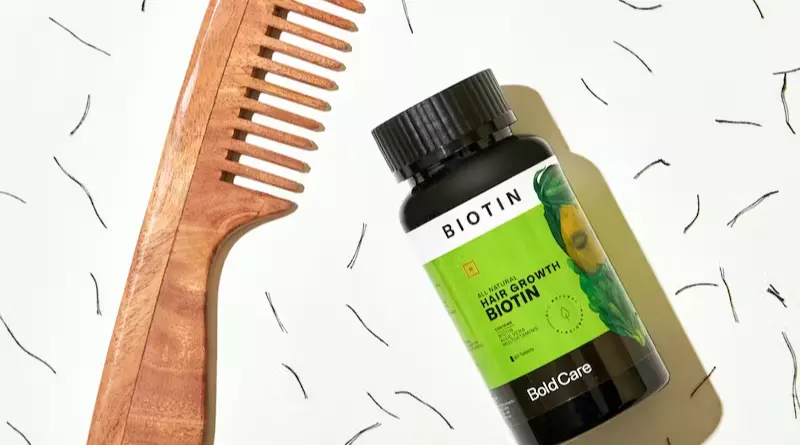Unlocking the Health Benefits of Vitamin E Supplements.

Vitamin E is a vital fat-soluble nutrient known for its potent antioxidant properties. Its primary function is to safeguard the body from damage caused by free radicals, which can contribute to several health issues such as heart disease, cancer, and cognitive impairment. While Vitamin E is present in various foods like nuts, seeds, and vegetables, it can also be consumed as a supplement.
The Benefits of Vitamin E for Overall Health
Vitamin E is a crucial nutrient with several potential benefits for the body.
1.Antioxidant properties: Vitamin E is known for its powerful antioxidant properties, which help protect cells from damage caused by free radicals. This protection can help prevent chronic diseases like cancer, heart disease, and cognitive decline.
2.Skin health: Vitamin E supplements may help maintain healthy skin by reducing inflammation and preventing damage from UV radiation. It can also improve skin hydration and may reduce the appearance of fine lines and wrinkles.
3.Immune system function: Vitamin E is essential for proper immune system function. It helps regulate the production of immune cells and can enhance their ability to fight off infections and diseases.
4.Eye health: Vitamin E may help prevent or slow down the progression of age-related macular degeneration (AMD) and cataracts, two common eye conditions.
5.Cognitive function: Some studies have suggested that Vitamin E supplements may help improve cognitive function, especially in older adults. Its antioxidant properties may protect brain cells from damage caused by free radicals, which can contribute to cognitive decline.
It’s important to note that while Vitamin E is beneficial for most people, taking high doses of supplements can be harmful and lead to adverse side effects. It is important to seek advice from a healthcare professional prior to consuming any dietary supplements.
Here are the top 5 food sources of Vitamin E:
1.Almonds: Almonds are an excellent source of Vitamin E, with just a handful providing more than 100% of the recommended daily intake.
2.Sunflower seeds: Sunflower seeds are another great source of Vitamin E, with a quarter cup containing around 90% of the recommended daily intake.
3.Avocado: Avocado is a nutritious fruit rich in healthy fats and several essential nutrients, including Vitamin E. Half an avocado provides around 10% of the recommended daily intake.
4.Spinach: Spinach is a leafy green vegetable that is packed with several essential nutrients, including Vitamin E. A cup of cooked spinach provides around 20% of the recommended daily intake.
5.Wheat germ oil: Wheat germ oil is one of the best sources of Vitamin E, with just one tablespoon providing around 100% of the recommended daily intake. However, it’s important to note that wheat germ oil is high in calories and should be consumed in moderation.





